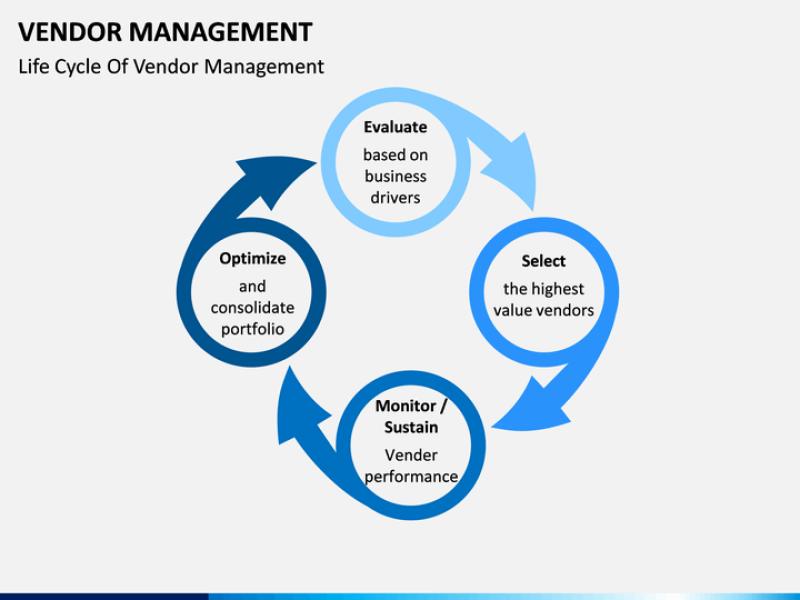What are the basics of mutual funds?
Mutual funds are a popular investment vehicle that allow individuals to pool their money together to invest in a diversified portfolio of stocks, bonds, or other securities managed by professional fund managers. Here are the basics of mutual funds:
Definition: A mutual fund is a type of investment vehicle that collects money from many investors and uses that money to buy a diversified portfolio of stocks, bonds, or other securities.
Professional Management: Mutual funds are managed by professional fund managers who make investment decisions on behalf of the fund's shareholders. These managers aim to achieve the fund's stated investment objectives.
Diversification: One of the key benefits of mutual funds is diversification. By pooling investors' money and investing in a variety of assets, mutual funds spread risk. This can help reduce the impact of poor performance by any single investment.
Liquidity: Mutual funds are typically highly liquid. Investors can buy or sell fund shares on any business day at the net asset value (NAV), which is the fund's per-share market value.
Types of Mutual Funds:
- Equity Funds: These funds primarily invest in stocks, aiming for capital appreciation. They come in various flavors, including large-cap, mid-cap, small-cap, sector-specific, and international equity funds.
- Bond Funds: Bond funds primarily invest in fixed-income securities such as government, corporate, and municipal bonds. They are generally considered lower-risk than equity funds.
- Money Market Funds: Money market funds invest in short-term, highly liquid, low-risk securities, such as Treasury bills and commercial paper. They aim to preserve capital and provide a small return.
- Hybrid Funds: Also known as balanced or asset allocation funds, these invest in a mix of both stocks and bonds to achieve a balance between growth and income.
- Index Funds: These funds aim to replicate the performance of a specific market index, like the S&P 500. They offer broad market exposure and typically have lower expense ratios.
- Sector Funds: These funds focus on a specific industry or sector, such as technology, healthcare, or energy.
Fees and Expenses: Mutual funds come with fees, which can include management fees (expense ratio), sales charges (loads), and redemption fees. It's essential to understand these costs, as they can affect your overall returns.
Risk Tolerance: Mutual funds vary in terms of risk. Equity funds tend to be riskier but offer higher potential returns, while bond and money market funds are generally less risky. Choose funds that align with your risk tolerance and investment goals.
Investment Minimums: Some mutual funds may have minimum investment requirements, which can vary widely. Ensure that you meet the minimum investment for the funds you're interested in.
Distributions: Mutual funds may distribute capital gains, dividends, and interest income to shareholders. You can choose to receive these distributions as cash or reinvest them to buy more fund shares.
Tax Considerations: Be aware of the tax implications of mutual fund investments. Depending on the type of fund and your location, you may be subject to capital gains taxes.
Performance and Historical Data: Review a fund's historical performance and track record. However, past performance is not indicative of future results, so use this information as just one factor in your decision-making process.
Pros and Cons:
- Pros:
- Professional management
- Diversification
- Liquidity
- Accessibility for small investors
- Transparency in reporting
- Cons:
- Fees can reduce returns
- Limited control over investment decisions
- Possible tax implications
- No guarantee of returns
- Pros:
Mutual funds can be a valuable tool for long-term investing and building a diversified portfolio. It's important to do your research, understand your investment goals and risk tolerance, and select funds that align with your financial objectives. Consulting with a financial advisor can also help you make informed investment decisions.
Mutual Funds 101: A Beginner's Guide
Mutual funds are investment vehicles that pool money from multiple investors and invest it in a diversified portfolio of securities, such as stocks, bonds, and other assets. Mutual funds offer several benefits to investors, including:
Diversification: Diversification helps to reduce risk by spreading your investments across a variety of assets. This can help to protect your portfolio from losses if any one asset performs poorly.
Professional management: Mutual funds are managed by professional investment managers who have the expertise to research and select investments. This can save you time and effort.
Liquidity: Mutual funds are typically highly liquid, meaning that you can easily sell your shares and access your money.
Cost-effectiveness: Mutual funds can be a cost-effective way to invest, especially for small investors.
How to Invest in Mutual Funds: A Step-by-Step Overview
Investing in mutual funds is a straightforward process that can be done through a broker or financial advisor. Here is a step-by-step guide:
Choose a mutual fund provider: There are many different mutual fund providers, so it is important to do your research and choose one that is reputable and has a good track record.
Select a mutual fund type: There are many different types of mutual funds, so it is important to choose one that aligns with your investment goals and risk tolerance.
Determine your investment amount: Before you invest, you will need to determine how much money you can afford to invest.
Open an account: You will need to open an account with the mutual fund provider you choose.
Contribute to your investment: You can contribute to your mutual fund investment on a regular basis, such as monthly or quarterly.
Types of Mutual Funds: Understanding the Fund Landscape
Mutual funds come in a wide variety of types, each with its own investment focus and characteristics. Here are some of the most common types of mutual funds:
Stock funds: Stock funds invest in stocks, which are shares of ownership in companies. Stock funds offer the potential for high returns, but they also carry more risk than other types of mutual funds.
Bond funds: Bond funds invest in bonds, which are loans that companies or governments issue to raise money. Bond funds are generally less risky than stock funds, but they also offer lower potential returns.
Index funds: Index funds track a specific market index, such as the S&P 500 or the Dow Jones Industrial Average. Index funds are generally less expensive than actively managed funds, and they have historically outperformed actively managed funds.
Target-date funds: Target-date funds are a type of mutual fund that automatically adjusts its asset allocation as you approach retirement. This can help to ensure that your portfolio is aligned with your risk tolerance and investment goals as you get closer to retirement.
The Role of Fund Managers and Expense Ratios in Mutual Funds
Mutual funds are managed by professional investment managers who are responsible for selecting the investments that make up the fund's portfolio. Fund managers are compensated for their services through expense ratios, which are deducted from the fund's assets on a regular basis. Expense ratios can vary widely from fund to fund, so it is important to compare them before you invest.
Common Mistakes to Avoid When Investing in Mutual Funds
Here are some common mistakes to avoid when investing in mutual funds:
Investing in too many funds: Diversification is important, but it is possible to have too much of a good thing. Investing in too many funds can make it difficult to track your performance and make informed investment decisions.
Chasing performance: Don't invest in a fund just because it has performed well in the past. Past performance is not necessarily indicative of future results.
Not paying attention to expense ratios: Expense ratios can have a significant impact on your long-term returns. Make sure to compare expense ratios before you invest.
Panic selling: It is important to stay invested in your mutual funds even during market downturns. Panic selling can lock in your losses and prevent you from taking advantage of future market gains.
By following these tips, you can make informed investment decisions and increase your chances of achieving your financial goals.












